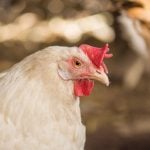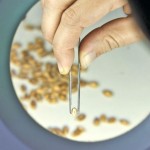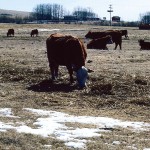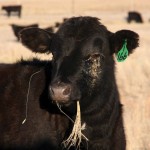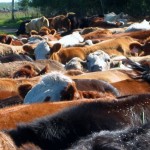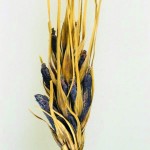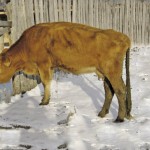When it comes to feed quality, we usually think in terms of nutritional properties such as energy, protein or mineral content. There are, however, other feed characteristics that have an impact on quality, one of which is mycotoxin contamination. Depending on crop type, environment, location, harvest and storage management, there are a wide variety of […] Read more
